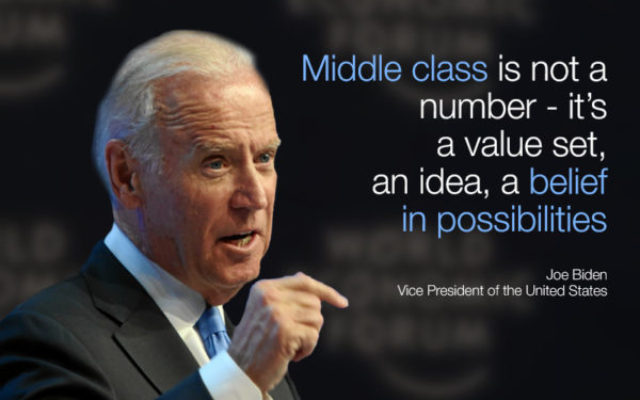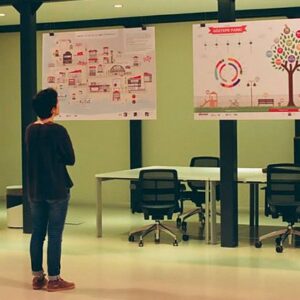Metacognition and Experience
Educational philosopher John Dewey believed that we actually learn more from thinking about our experiences than from the actual experiences themselves. This idea is not new. The practice of examining and reflecting on experiences, or metacognition, dates back to Socrates and continues to be explored by today’s neuroscientists.
The unexamined life is not worth living. — Socrates
Metacognition is basically thinking about thinking. It is our brain’s marvelous ability to self-assess and build awareness of our own thinking and learning processes. And such awareness helps us build self-efficacy and self-regulation skills with the potential to reshape perspectives of our own strengths and weaknesses.
As content knowledge exponentially expands, there is an increasing realization of the importance of metacognition in undergraduate learning. To be sure, college students arrive on campus with preconceived notions of their overall competencies and potential for academic success. But understanding metacognition and its applications becomes especially important for first generation college students — not only in the academic context, but also in the social context.
First gens enter college or university often confused about how to optimize learning to improve their chances of academic success. Colleges and universities usually respond to this confusion by organizing summer seminars to correct academic deficiencies. Most institutions focus exclusively on content though some introduce metacognitive strategies to make students aware of their individual patterns of thinking and learning.
But metacognitive strategies also can help first generation students become aware of their own experiences: how those experiences have shaped them and how individual experiences affect reactions to new situations they face as college students. The more students understand how they think about and process their experiences, the better chance they have to unlock the hidden rules and social structures of middle- and upper class practices that inform the collegiate academic and social environment.
Being aware of the impact past experiences have on the way individuals interact in a new social environment is a crucial first step to feeling comfortable and accepted. To fit in doesn’t mean first generation students need to devalue their own life experiences and abandon them as they progress through the undergraduate years. Instead, cultivating a self-awareness of the their own psycho-social experiences increases awareness among first generation students of the many competencies they themselves bring to campus such as motivation, resilience and self-reliance. And all too often first gen students are just as unaware of their own extraordinary competencies as university administrators, faculty members and student peers.
When you adopt the standards and values of someone else … you abandon your own integrity. — Eleanor Roosevelt
First generation/low income students from diverse social, racial and ethnic backgrounds actually have a real advantage in understanding the perspectives of people in the United States and throughout the world. First gens, often without knowing it, possess the finely-tuned skills of cognitive and emotional empathy.
Daniel Goleman, former New York Times reporter and current co-director of a consortium at Rutgers University on emotional intelligence, emphasizes the importance of cognitive and emotional empathy, “Because you understand other perspectives, you can put things in ways colleagues comprehend. Cognitive empathy, along with reading another person’s feelings accurately, makes for effective communication.”

Emotional intelligence, often underrated at the university, is increasingly important in 21st century work and life.
First generation students actually learn more about themselves as college students from thinking about their past experiences than the experiences themselves. Becoming aware of the value of their diverse perspectives to the academic and social environment of a college campus benefit not only first generation students, but also their professors and non-first generation peers.













No Comments Yet!
You can be first to comment this post!